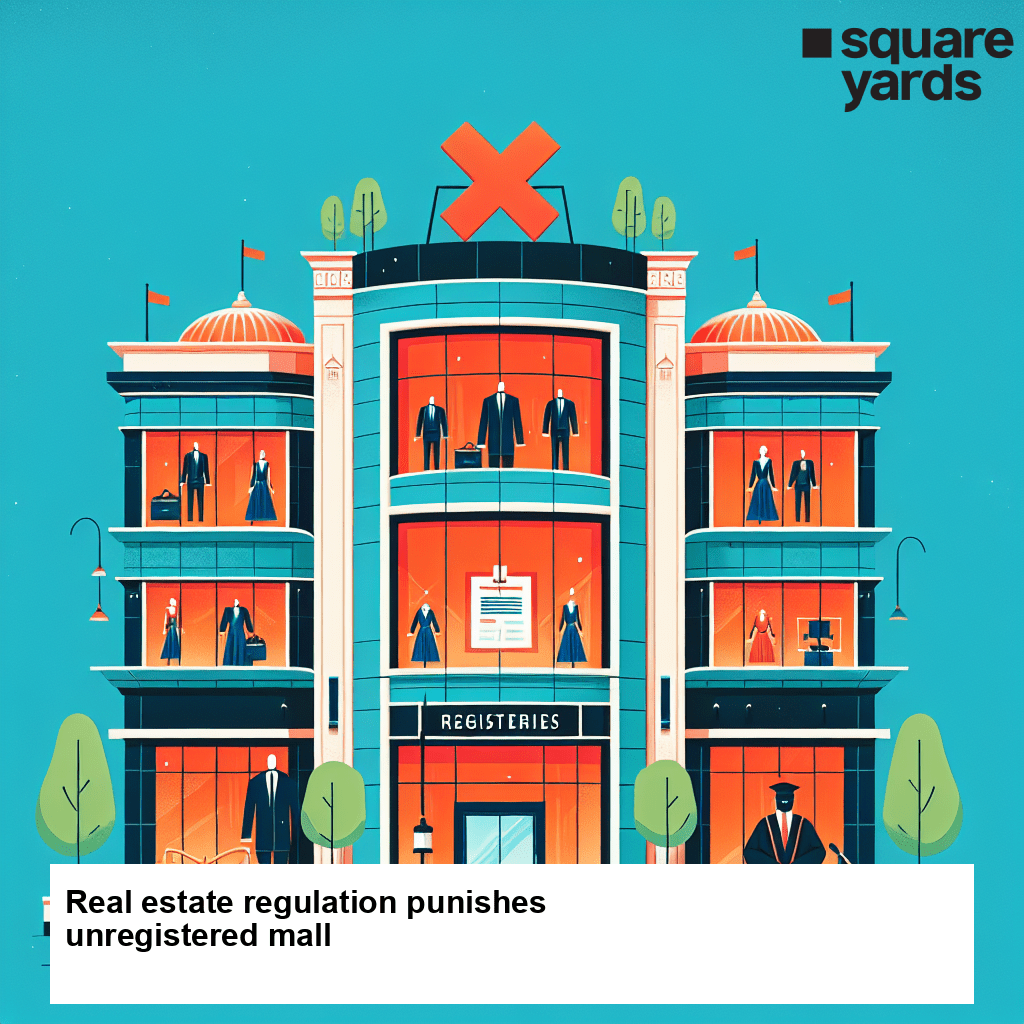Realty Redevelopment Projects’ GST Ruling Likely to Hit Cost Dynamics Across Markets
The Telangana High Court has dismissed a legal challenge brought forth by a real estate developer regarding the imposition of GST on the transfer of development rights within joint development agreements. This landmark ruling is expected to have far-reaching implications for the cost dynamics of redevelopment projects in major property markets nationwide.
Redevelopment Projects Crucial in Land-Starved Mumbai Market
Redevelopment projects play a crucial role in most property markets, particularly in Mumbai where vacant land parcels are scarce and land prices continue to rise. With the imposition of an 18% GST levy on the value of development rights, several projects in key markets, including Mumbai, Pune, Bengaluru, Hyderabad, and Kolkata, may become economically unfeasible for all stakeholders, including landowners.
Transformation of Property Development Landscape
This ruling marks a significant turning point for the real estate sector, as it will reshape strategies and impact stakeholders involved in property development. While several writ petitions related to this issue are still pending before various courts, this ruling sets a precedent that will shape the future of GST on the transfer of development rights. Abhishek A Rastogi, the founder of Rastogi Chambers who represented the petitioner, believes that the industry will have to await tax certainty on this issue, possibly through a decision by the Supreme Court.
Disputing the Taxability of Development Rights Transactions
The key argument before the high court was whether GST is applicable in cases involving joint development agreements where there is a transfer of development rights from landowners to developers. The petitioner had argued that development rights transfers are akin to the sale of land and should be excluded from the purview of GST, as stamp duties are levied on land transactions. However, with the previous GST notification in 2019, the authority had imposed taxes on transactions involving transfer of development rights.
To Challenge or Not to Challenge
Following this ruling, there is a possibility that the decision may be challenged in the Supreme Court. The South India-based developer had originally filed the writ petition in 2020 after the GST notification in 2019. The petition argued that the imposition of GST on the transfer of development rights was tantamount to levying taxes on a transaction similar to the sale of land.
Concerns Over GST Structure for Rehabilitation Apartments
In June, real estate developers raised concerns about the imposition of GST on rehabilitation apartments being built and given back, free of cost, to existing occupants as part of redevelopment projects. With the scarcity of vacant land parcels in Mumbai, redevelopment and rehabilitation projects are essential for meeting the housing needs of the city. The Confederation of Real Estate Developers’ Association of India (CREDAI) and the Maharashtra Chamber of Housing Industry (MCHI) wrote to Finance Minister Nirmala Sitharaman requesting a change in the GST structure to ensure the viability of such projects in the Mumbai Metropolitan Region (MMR).
Mumbai’s Land-Starved Property Market
Real estate projects involving redevelopment and rehabilitation are the backbone of Mumbai’s property market, as the city has a limited number of vacant land parcels. Currently, there are around 19,000 properties awaiting redevelopment in the city. The GST ruling on the transfer of development rights is expected to have a significant impact on the future of these projects and the overall real estate landscape in Mumbai. In conclusion, the Telangana High Court’s ruling on the imposition of GST on the transfer of development rights is likely to have far-reaching consequences for redevelopment projects across the country. As the cost dynamics of such projects undergo a transformation, stakeholders in the real estate sector, including landowners and developers, will need to reassess their strategies. The debate on the taxability of development rights transactions continues, with the possibility of further legal challenges in the Supreme Court. The viability of rehabilitation projects in Mumbai also remains a concern, as developers urge the government to reconsider the GST structure to ensure the uninterrupted progress of these crucial initiatives.

























